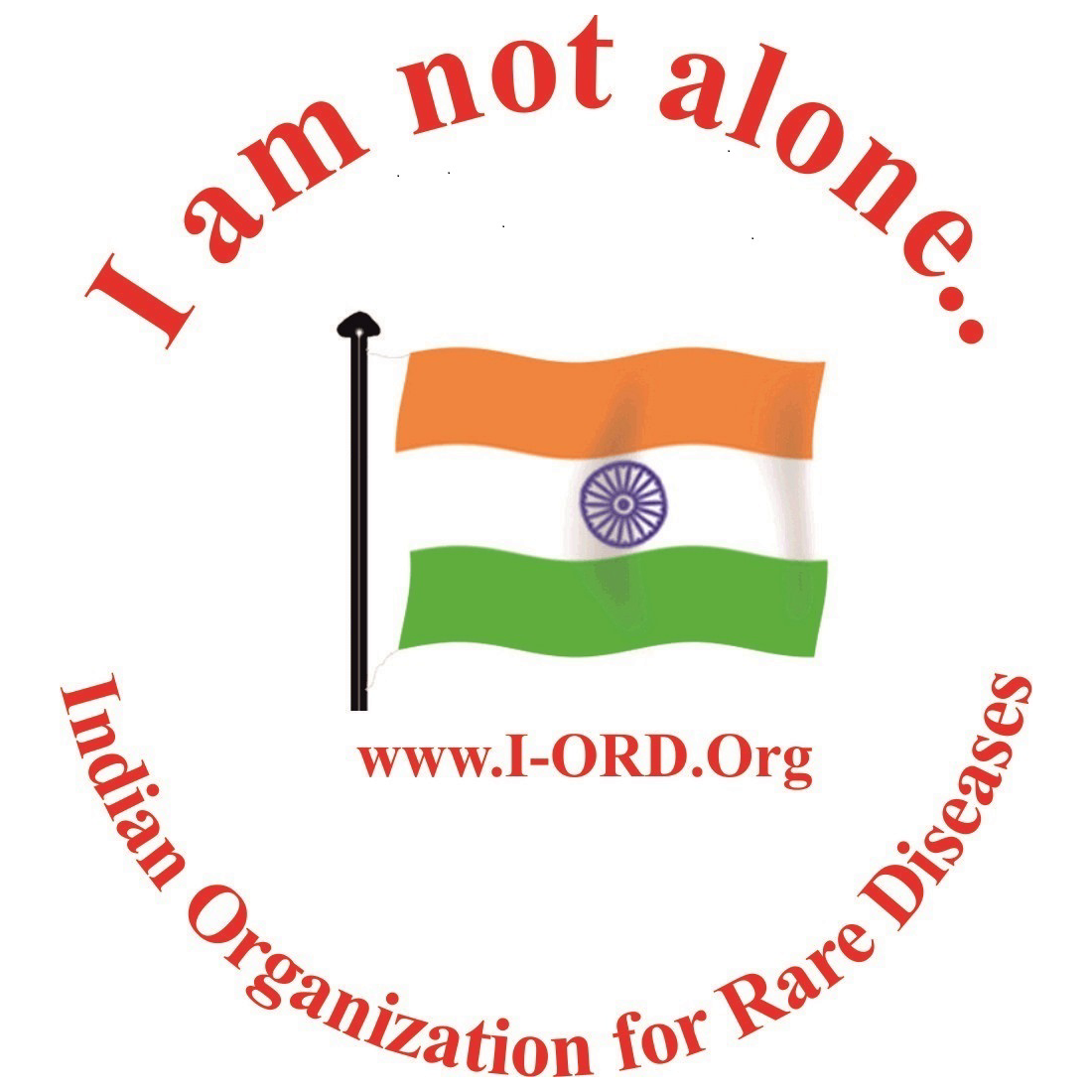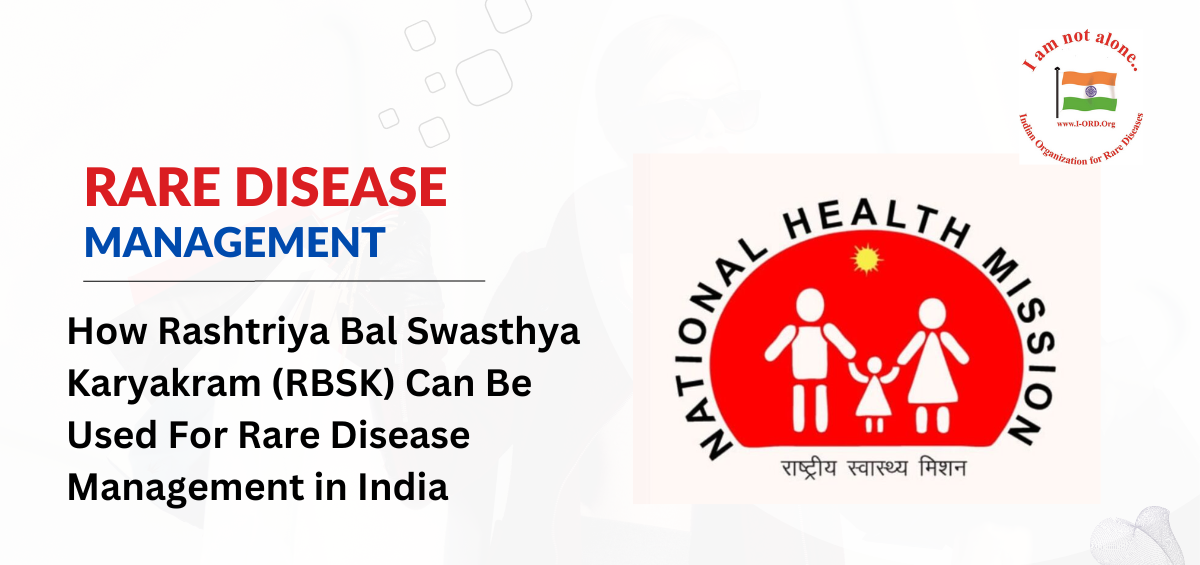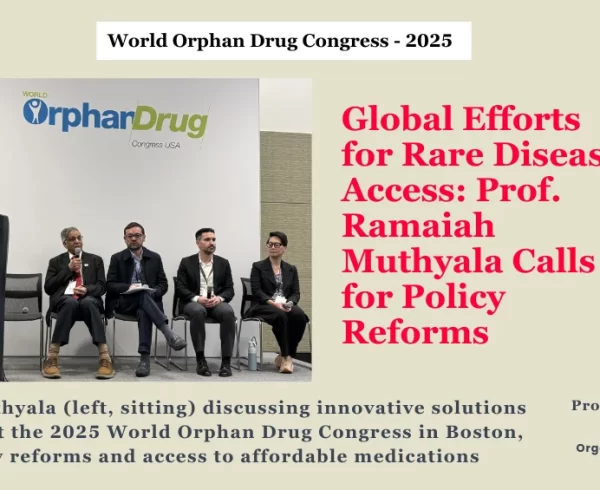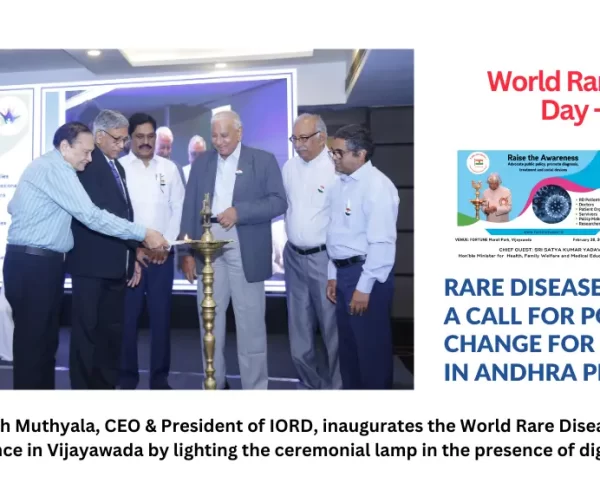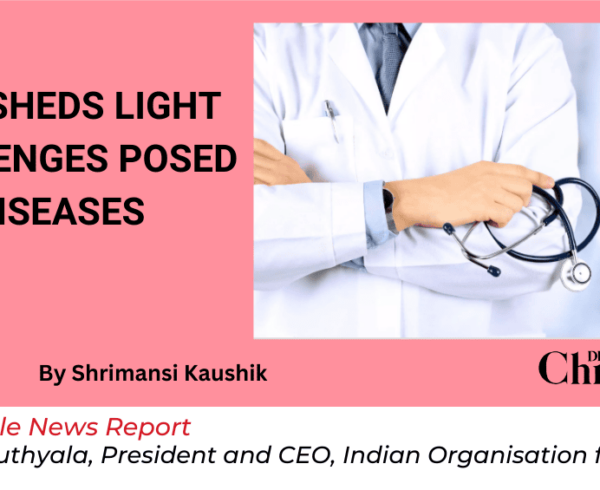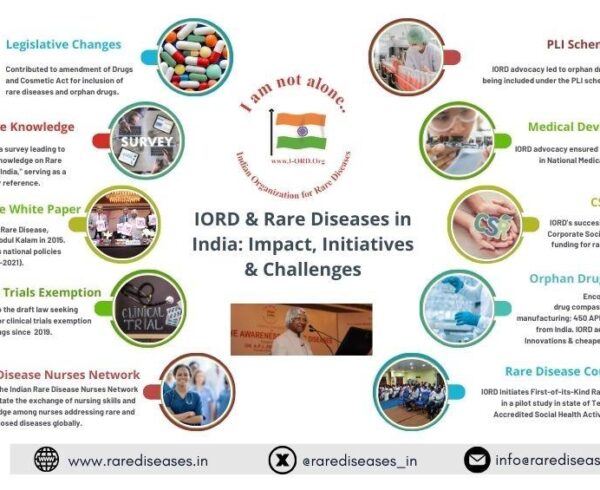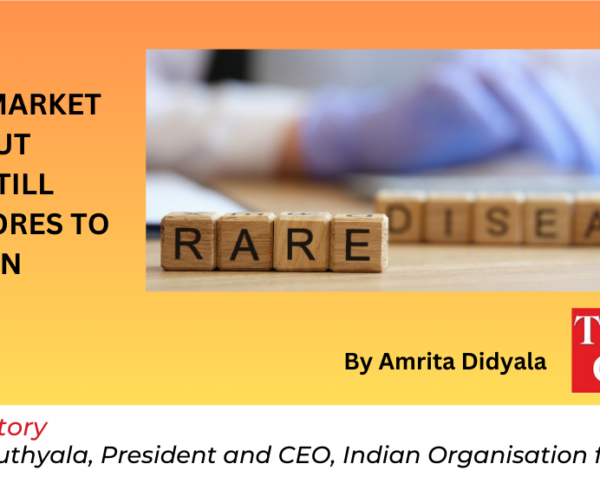This is an excerpt from a research paper titled Expansion of India’s national child healthcare programme, Rashtriya Bal Swasthya Karyakram (RBSK), for rare Disease management: a health policy perspective. This was published in the research journal Orphanet Journal of Rare Diseases.
The Rashtriya Bal Swasthya Karyakram (RBSK) is a government program under the National Health Mission (NHM) for school children that aims to provide comprehensive care and support for their well-being.
Launched in 2013 under the National Health Mission, RBSK focuses on the prevention, early identification, and management of various health conditions in children from birth to 18 years of age. These conditions, categorized under 4Ds (Defects at birth, Diseases, Deficiencies, and Developmental delays including Disabilities), include rare diseases.
RBSK utilizes community public healthcare resources to conduct screenings and relies on referrals and cross-referrals between secondary and tertiary healthcare units for efficient diagnosis and treatment management of these conditions. District Early Intervention Centers (DEIC) serve as the initial point of reference after the screening, playing a vital role in providing referrals, continuity of care, and maintaining records.
In this study, a three-member team of researchers led by Pragya Chaube, Arun K. Singh, and Mohua Chakraborty Choudhury makes a case for using RBSK for better management, diagnosis and treatment of rare diseases in India.
Rare Diseases: Prevalence
Rare diseases pose a significant but relatively unknown burden in India, with an estimated 72-96 million people living with rare diseases. It is noteworthy that a significant proportion (50-75%) of rare diseases manifest in childhood and during birth. This study proposes the integration of RBSK into the rare disease management system, suggesting that RBSK can play a valuable role in addressing the needs of children with rare diseases.
The authors of this study present these recommendations as representative of health policy researchers, emphasizing the potential benefits of incorporating RBSK into the management, diagnosis, and treatment of rare diseases in India. Here are their recommendations:
- Expanding the capacity of RBSK: Currently, RBSK covers thirty diseases. However, expanding its scope will allow routine screenings to identify anomalies that may indicate the presence of a rare disease (RD). These children can then be referred to tertiary care facilities and Centers of Excellence (CoEs) for specific diagnoses.
- Establishing an effective referral mechanism: A strategic referral system should be implemented to connect District Early Intervention Centers (DEICs) with the network of CoEs and National Inherited Disorders Administration (NIDAN) Kendras, ensuring timely diagnosis and early intervention. NIDAN Kendras, established by the Department of Biotechnology, provide clinical care, prenatal testing, newborn screening, and genetic counselling for genetic disorders. Provision for teleconsultation within RBSK should be made, particularly for cases where tertiary healthcare facilities are located far away. This would enable local healthcare providers to receive virtual assistance from CoEs.
- Expanding the target group through public-private partnership: According to the National Sample Survey, 61% of the urban population largely relies on private healthcare systems. Implementing RBSK guidelines through private healthcare facilities will enhance access and alleviate the burden on public healthcare systems, allowing them to focus on economically disadvantaged sections.
- Conducting resource mapping: Mapping resources for tertiary healthcare services related to RDs should be done at the national level, with the involvement of private partners in select areas where special provisions are needed.
- Generating awareness: It is crucial to raise awareness and build capacity among healthcare workers and professionals regarding RDs in India. This awareness and training should extend beyond medical professionals to the entire RBSK network, including Ayurveda, Yoga, Naturopathy, Unani, Siddha, and Homeopathy (AYUSH) doctors, Mobile Health Teams, and ASHA workers.
- Expanding genetic counselling services: Connecting the RBSK system and DEICs with NIDAN Kendras would facilitate the availability and accessibility of genetic services. Private genetic diagnostics services can be incorporated through Memorandums of Understanding (MoUs) with DEICs, particularly in areas where public health settings have limited genetic service capacities.
- Establishing a comprehensive data repository: RBSK should enable the inclusion of comprehensive family history data before diagnosis. A proper framework should be developed to integrate genetic diagnostic data within the larger data repository.
- Follow-up of SNCU Rare Disease children: Under the Home-Based Care for Young Children program, ASHA workers currently track and record the progress of children until 15 months of age. However, for children with RDs or those admitted to Special Newborn Care Units with a family history of RDs, this period may be extended until the age of 6, until they are enrolled in schools and included in the RBSK system.
- Integrating patient groups in healthcare delivery: RBSK can formally integrate patient groups into the healthcare delivery system by connecting diagnosed patients and clinicians with these groups.
